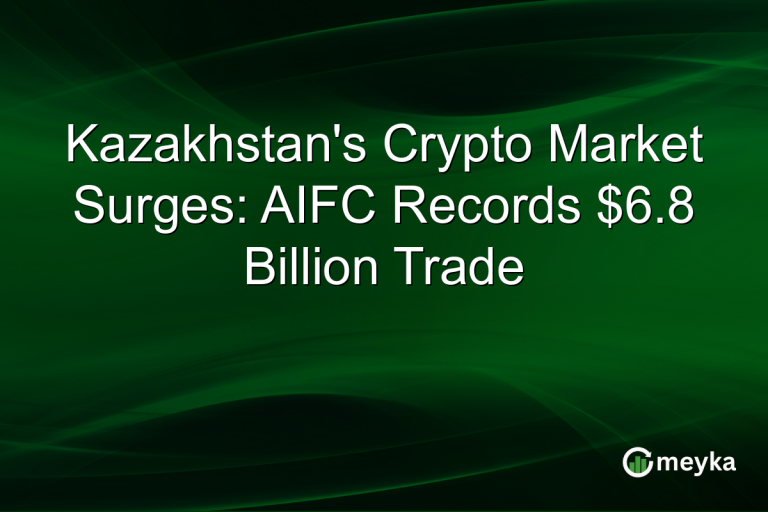Venezuela Sanctions News Today: UK Considers Tougher Financial Curbs
In the latest Venezuela sanctions news, the UK is taking center stage. It’s considering tougher financial sanctions against Nicolás Maduro’s government. This move comes amid allegations of election interference and continued human rights abuses. The international community is keenly watching how these potential sanctions could reshape global trade dynamics, oil markets, and corporate compliance.
Understanding the Sanctions Debate
The UK’s current debate on sanctions against Venezuela is fueled by reports of electoral misconduct and continued violations of human rights under Maduro’s regime. The UK government is assessing its stance, aiming to exert more pressure to enforce democratic practices.
Potential sanctions could include harsher financial restrictions and a crackdown on assets linked to the Venezuelan leadership. This could potentially isolate Maduro further. The financial world is waiting to see if these measures might influence Maduro’s domestic policies.
For updates, see the latest from Bloomberg: UK Mulls New Financial Curbs on Maduro amid Election Disputes.
Impacts on Venezuela’s Economic Policy
If implemented, these sanctions would likely have profound effects on Venezuela’s economic policy. Historically, international sanctions have restricted Venezuela’s access to foreign capital and hindered its oil exports, crucial to the country’s economy. The escalation of sanctions would likely force Venezuela to find alternative economic strategies or allies.
There is concern over the potential humanitarian impact, considering Venezuela’s already struggling economy. Local industries reliant on oil exports may face even more significant challenges. Observers worry about worsening conditions, pressing the importance of strategic and humanitarian considerations.
International Sanctions Effects and Global Reactions
Sanctions have a broad reach, affecting not only the targeted nation but international markets and diplomatic relations. Potential UK sanctions could alter how global businesses operate with Venezuela, impacting contracts, compliance mandates, and trade agreements.
Oil markets, in particular, may see shifts. If the UK’s sanctions restrict Venezuelan oil trade, we could witness price fluctuations impacting both producers and consumers already focused on energy stability. These measures may also influence broader geopolitical dynamics, as allies and adversaries of Venezuela react.
Legal Considerations for Businesses
Companies operating in or with Venezuela need to revisit their compliance strategies should the UK impose new sanctions. Legal teams should monitor developments closely, adapting contracts and operational strategies to mitigate risks.
Businesses must understand both the immediate and long-term impacts of these sanctions on their international dealings. Staying informed and consulting with legal experts is crucial to navigate any changes enforced by the UK. This proactive stance can help companies avoid legal pitfalls and maintain steady operations.
Final Thoughts
The UK’s consideration of tougher sanctions on Venezuela underscores the global community’s effort to hold Maduro’s regime accountable. This potential escalation highlights the interconnectedness of international policies and local economic stability. For businesses and governments alike, the unfolding situation urges careful monitoring and strategic adaptation to navigate these complex challenges.
FAQs
UK sanctions could tighten restrictions on Venezuelan oil exports, limiting access to global markets and potentially affecting global oil prices. This would strain Venezuela’s economy further, as oil revenue is central to its fiscal health.
Increased sanctions may exacerbate Venezuela’s existing humanitarian crisis, as restricted economic gains could limit essential supplies and services. Observers urge for sanctions to be crafted with humanitarian considerations in mind to protect the vulnerable.
Businesses should enhance their compliance frameworks and consult legal experts to understand new regulations. By staying informed and responsive, companies can mitigate risks associated with heightened sanctions.
Disclaimer:
This is for information only, not financial advice. Always do your research.






